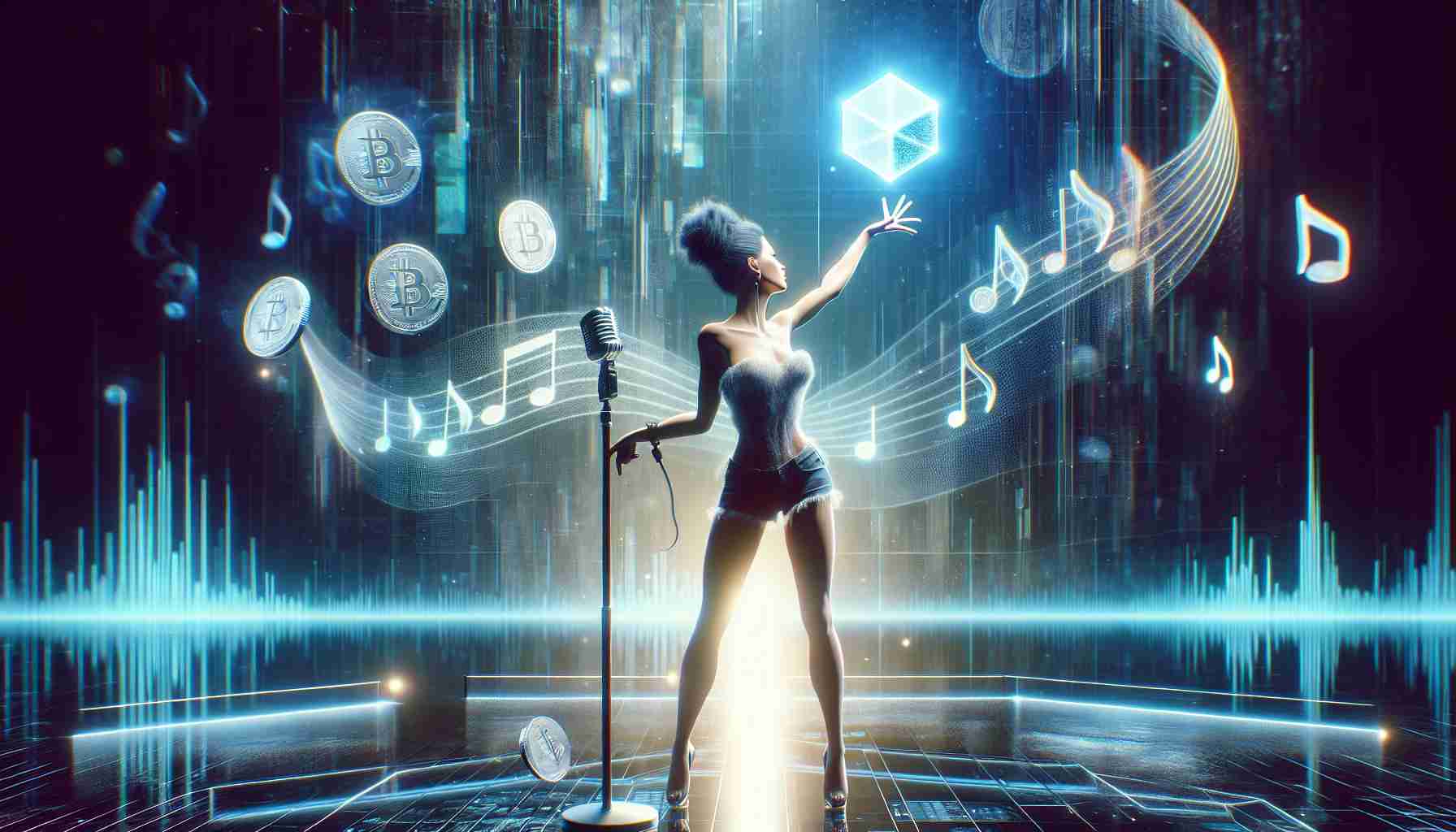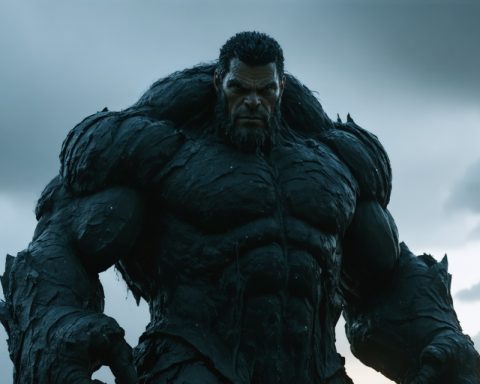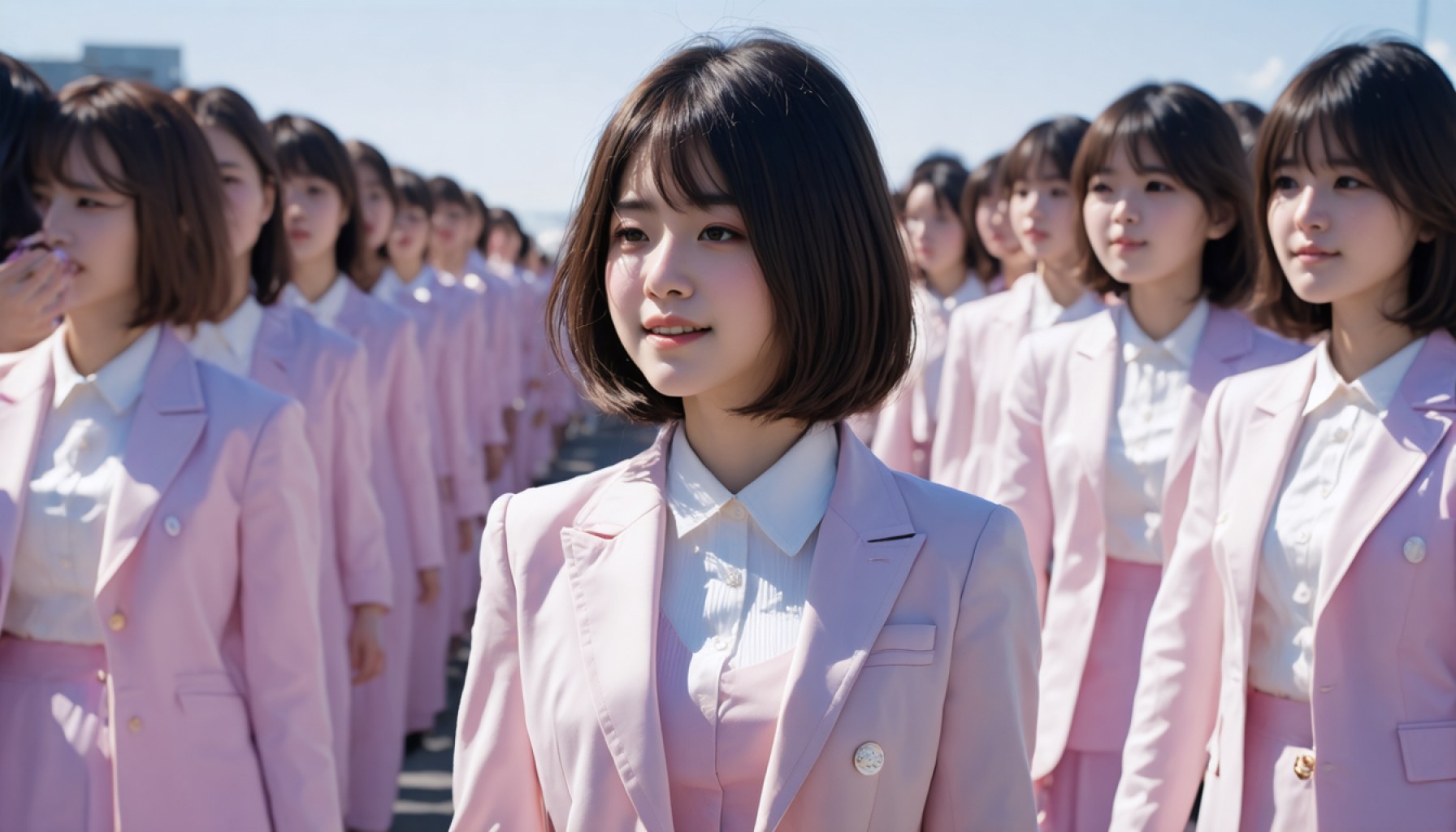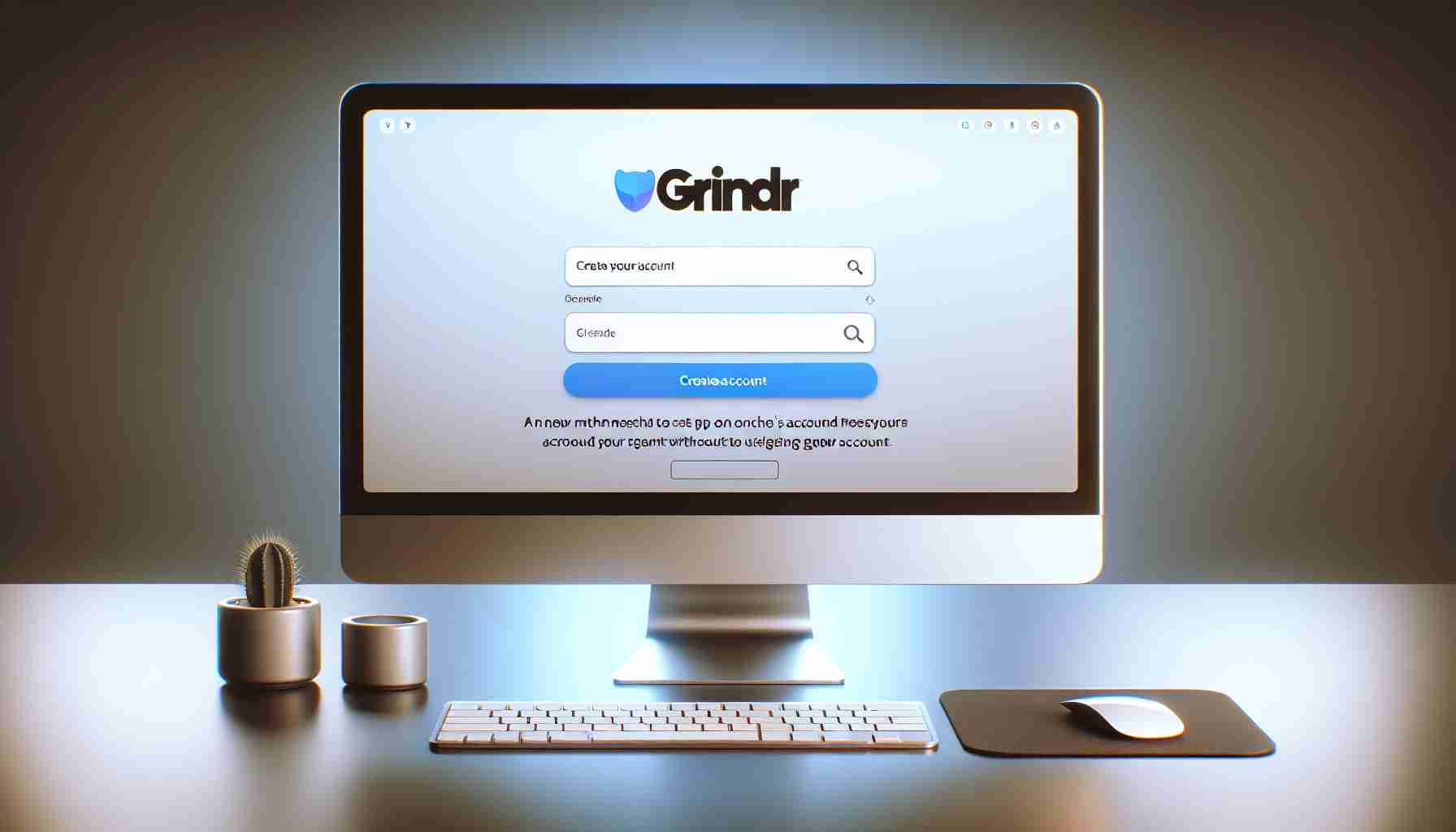In an era where the digital realm is rapidly reshaping the music industry, Lily Allen is positioned at the forefront of this exciting evolution. Embracing Non-Fungible Tokens (NFTs), Allen is pioneering a novel way for artists to connect directly with their audience while offering unique, exclusive content. Unlike traditional music distribution channels, NFTs provide a decentralized platform that maximizes both creative control and profit potential for artists.
The singer-songwriter, known for her innovative spirit, is now exploring the potential of NFTs to revolutionize music ownership and fan interaction. On platforms such as Decentraland and Zora, Lily Allen is experimenting with limited-edition digital art, exclusive music tracks, and experiential content. Fans are no longer just passive listeners; they become active participants with a stake in the artist’s work. This new model fosters a sense of community and belonging, where superfans can connect more intimately with the artist.
Moreover, blockchain technology, the backbone of NFTs, ensures transparent and secure transactions, offering both artists and fans a sense of authenticity and trust. Lily Allen’s adoption of this technology could set a precedent for others in the industry, potentially ushering in a future where artists have more autonomy over their creations.
As NFTs continue to gain traction, Lily Allen’s journey into this digital frontier marks a significant moment for the music industry, symbolizing a shift towards more sustainable and artist-friendly models in the future.
Lily Allen’s NFT Revolution: Pioneering the Future of Music in the Digital Age
The music industry is witnessing a transformative shift, and at the heart of this revolution is singer-songwriter Lily Allen. By embracing Non-Fungible Tokens (NFTs), Allen is not just adapting to technological advancements but actively shaping how artists can engage with their fans. This innovative approach is reimagining music ownership and fan interaction, opening up unprecedented avenues for artists in a rapidly evolving digital landscape.
The Pros and Cons of NFTs in Music
Pros:
1. Direct Artist-to-Fan Engagement: NFTs present a way for artists like Lily Allen to connect directly with their audiences, cutting out traditional intermediaries. This direct line fosters a closer relationship between artists and their fans.
2. Creative Control: With NFTs, artists retain more control over their work, from distribution to pricing, ensuring their vision is unaltered by outside influences.
3. Increased Revenue Potential: By offering unique, collectible digital items, artists can open new revenue streams, moving away from conventional sales and streaming models.
Cons:
1. Entry Barriers for Fans: Not all fans are familiar with or have access to the technology required to purchase and trade NFTs, which could limit the potential audience.
2. Market Volatility: The NFT market is still in its infancy, with price fluctuations and speculative buying that can pose risks to both artists and fans.
How Lily Allen Utilizes NFTs
Lily Allen’s approach involves platforms like Decentraland and Zora, where she releases limited-edition digital art and exclusive music tracks. This content is not just a product but an experience, as fans become active participants with stake and ownership in her creative world.
Blockchain Innovation and Security
The fundamental technology behind NFTs, blockchain, offers enhanced transparency and security. Every transaction is recorded immutably, ensuring authenticity and building trust between artists and fans. This technological backbone ensures that Allen’s work remains original and protected from unauthorized duplication.
Market Analysis and Future Predictions
The NFT market is projected to expand significantly, with more artists likely to follow Lily Allen’s lead. As blockchain and decentralized platforms continue to mature, the industry could see a broader adoption of NFT-based models. This shift promises more sustainable and artist-friendly practices, contributing to a democratization of the music distribution landscape.
Conclusion
Lily Allen’s venture into NFTs is more than an exploration; it is a blueprint for future artist-fan interactions. As NFTs gain popularity, they could redefine music’s cultural and economic fabric, offering a glimpse into a more liberated and community-centric industry. This pioneering movement might just set the standard for the next generation of artists seeking control and connection in a digital age.











